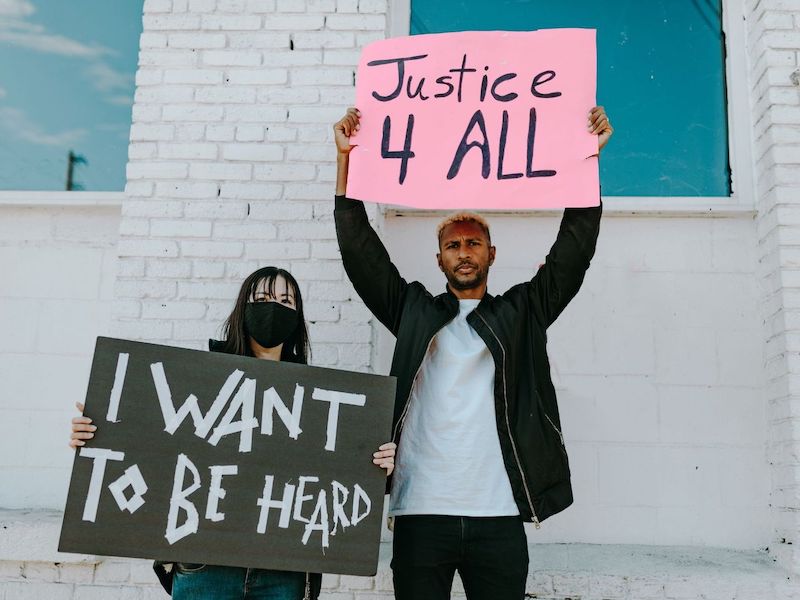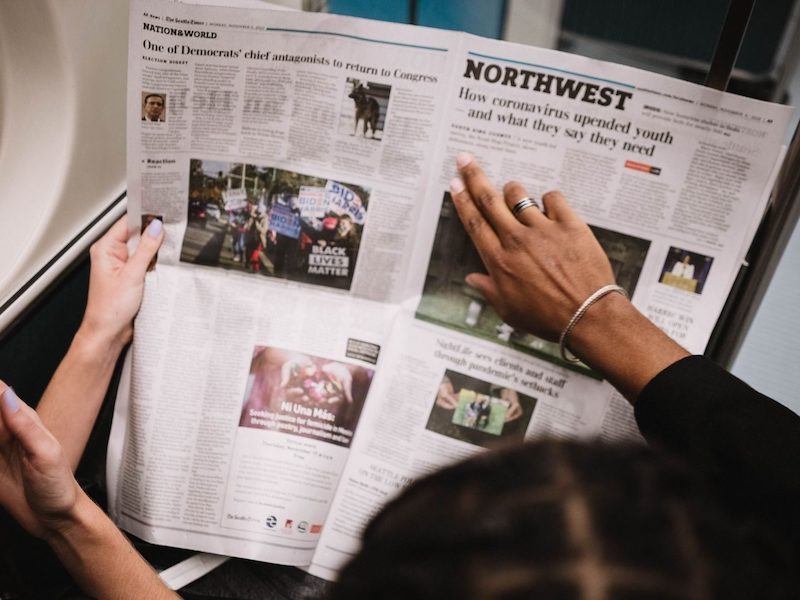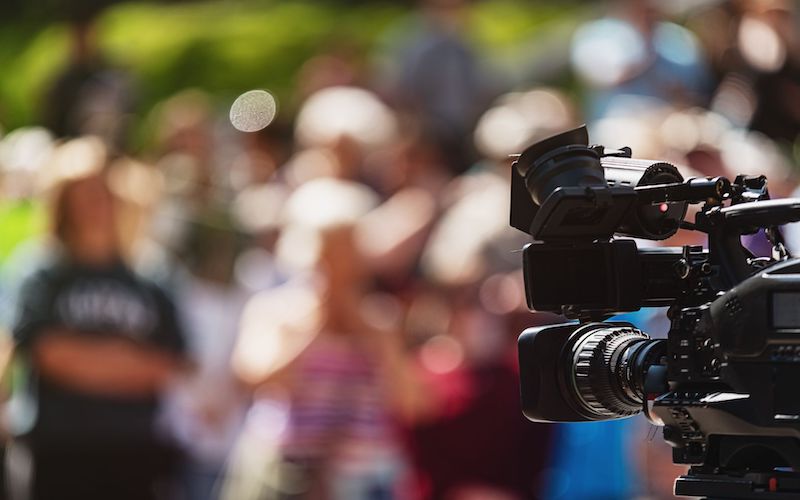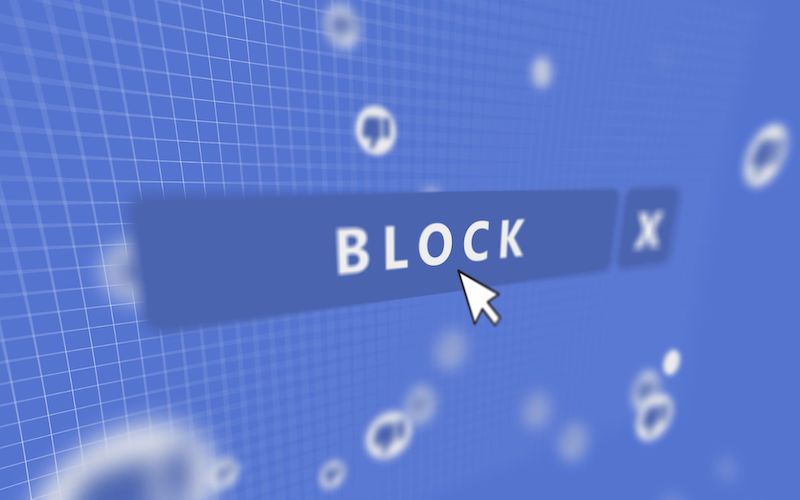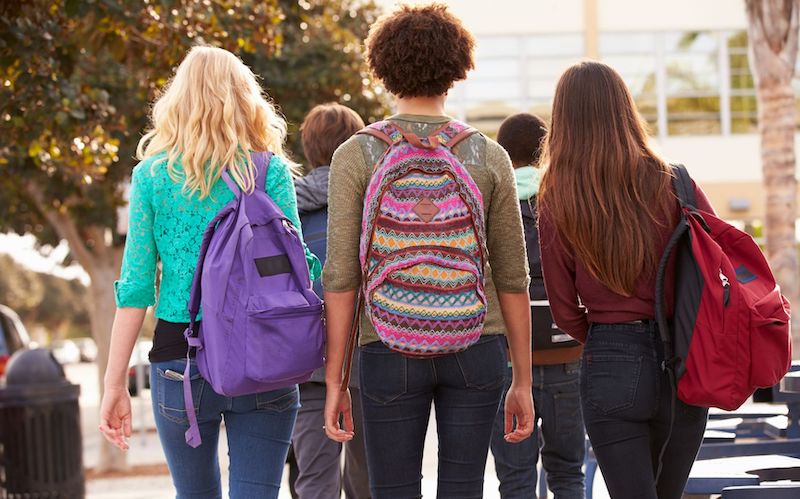The First Amendment protects the right of private individuals to engage in speech and expression without being censored or punished by the government because of their viewpoint. While the government may constitutionally regulate the time, place, and manner of private speech in public forums it must do so in a viewpoint-neutral manner and, depending on…
Media Law
The First Amendment guarantees a free press, meaning journalists are able to express any opinions they want about the government, even criticisms. However, journalists are often hindered in their ability to gather and publish news through the threat of lawsuits, subpoenas, and criminal prosecution. Read more about our support for student and professional journalists here.
Defamation Defense
Defamation is a false statement of fact that harms the reputation of a person, business, or organization. Journalists, news organizations, and even ordinary people can be sued for defamation, which is a common tactic to chill or silence legitimate speech and criticism. Read more about our defamation defense work here.
Right to Record
The First Amendment generally protects the right to gather information about what public officials do on public property, which includes the right to record matters of public interest. Although this right is clearly established, some government officials try to prevent or retaliate against those who record them. Read more about our advocacy for the right…
Social Media Blocking
The First Amendment protects speech on social media platforms that have been designated as public forums by government officials or agencies. Government officials cannot block individuals from accessing their social media pages simply because the government dislikes or disagrees with their speech. Read more about our work protecting citizen speech here.
Speech-Based Retaliation
The First Amendment prohibits the government from retaliating against individuals exercising their rights to free speech, press, assembly, and petition of the government for redress of grievances. Read more about our work to address retaliation against individuals who have engaged in protected expression, newsgathering, and petitioning.
Student First Amendment Rights
The First Amendment protects students and student journalists from censorship and retaliation in public schools and universities. As the Supreme Court has explained, students do not “shed their constitutional right to freedom of speech at the schoolhouse gate.” Read more about our work on behalf of students and student journalists here.
Government Transparency
Georgia’s legislature finds that transparent government is essential to a free, open, and democratic society. The state’s “sunshine laws” guarantee access to the public records and public meetings of local and state government agencies. The First Amendment and Georgia’s uniform superior court rules also protect the public’s right to observe court proceedings and review court…

